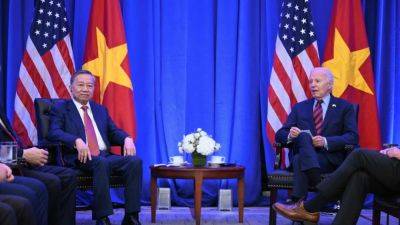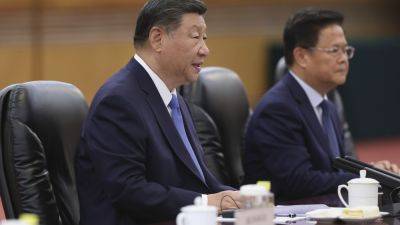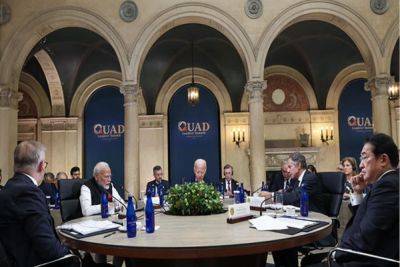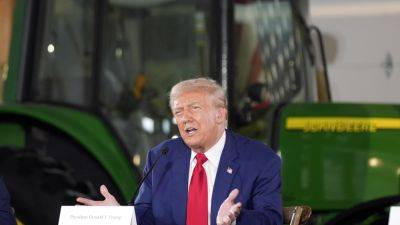China-Mexico freight traffic surges in Trump, Biden tariff era, as companies find ways to evade U.S. trade war
New data shows a surge in trade between China and Mexico at a time of tough tariff talk during the presidential campaign. Customs data shows a significant increase in raw materials and components from China entering Mexico to be manufactured into fully assembled items that are then transported into the U.S. via rail or by truck.
"We are seeing more Chinese companies moving their production facilities from China to Mexico," said Jordan Dethwart, president of cross-border logistics specialist Redwood Mexico, adding that these facilities use Chinese third-party logistics companies, which provide services such as warehousing, inventory management, and shipping. "They can bring in their parts and raw materials from China and then produce the product in Mexico at their Chinese facilities and then ship those goods into the U.S. They are adding some value by operating in Mexico and taking advantage of the USMCA [United States-Mexico-Canada Agreement] to have their product made in Mexico."
This nearshoring of manufacturing enables companies to change a product's origin of goods, also referred to as the "economic nationality" of a product. When components or raw materials are imported into a country and used to complete a product, they undergo what trade officials call a "substantial transformation" and the manufacturing location determines the duties and other charges that can be levied on that product. Companies importing Chinese components and raw materials into Mexico and manufacturing their products in Mexico would have a "Made in Mexico" stamp on them, not "Made in China."
"The key sectors have always been automobiles and textiles in terms of determining origin," said Mary Lovely, Anthony Solomon senior fellow at the Peterson







